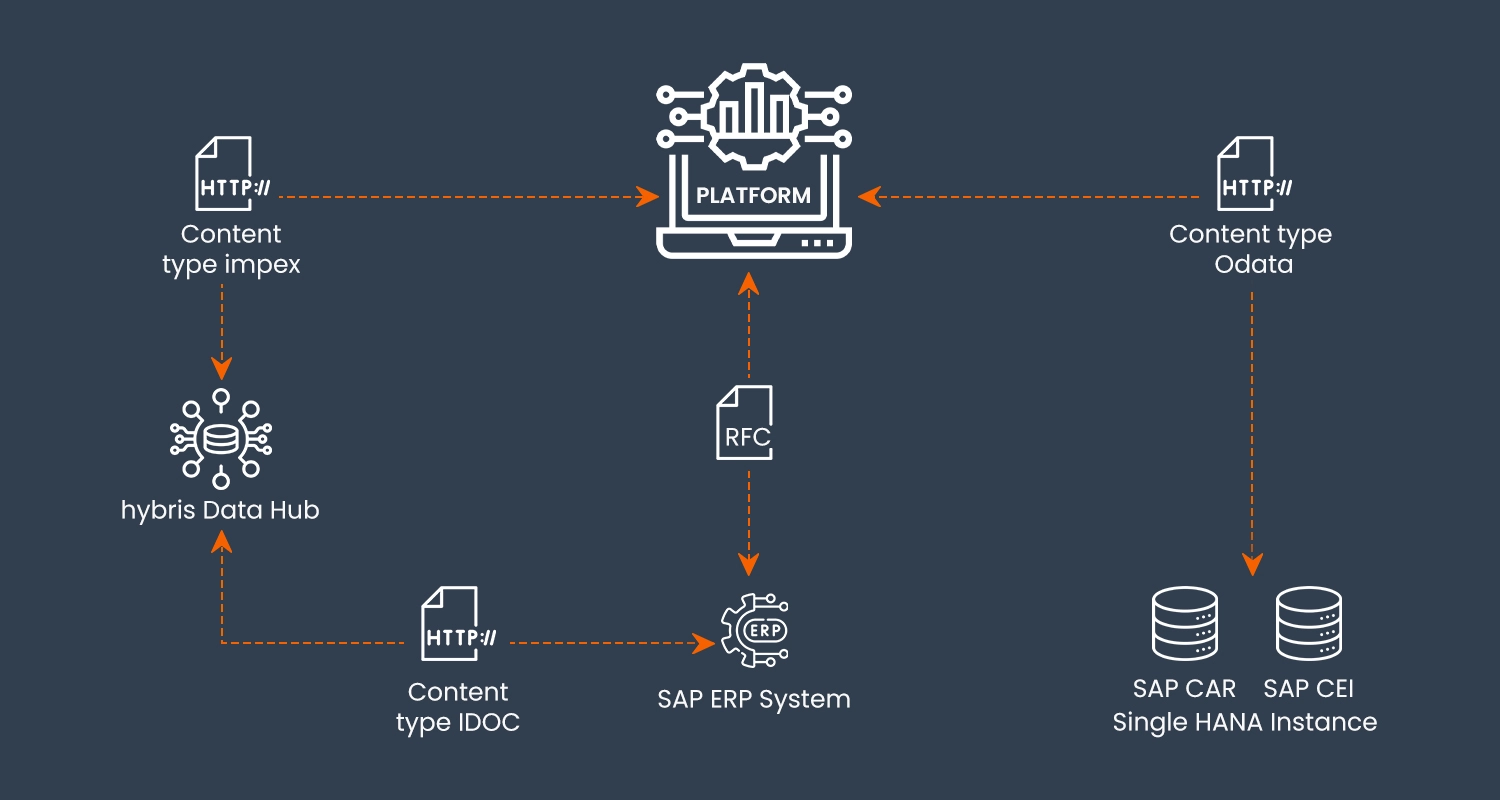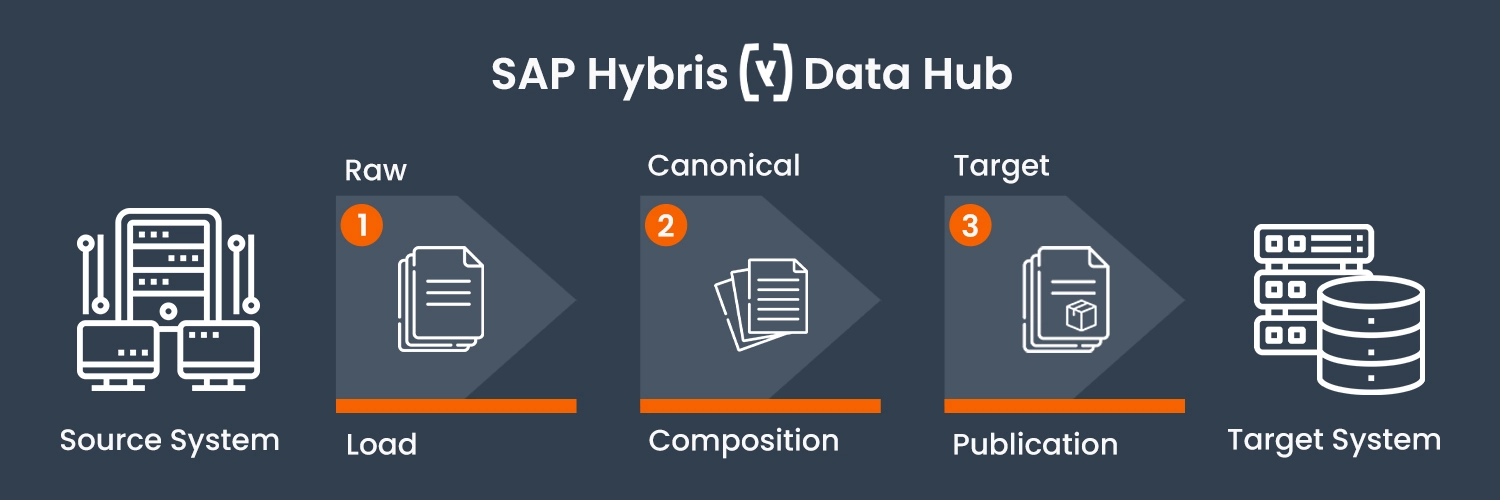Data Staging: Centralises data to enable its use in management since it is obtained from various sources. Data staging helps clean, transform, and enrich the data before it is loaded into specific systems.
Enhanced Data Integration: Aggregates several pieces of information into an integrated type. Data hubs can accommodate involved data mediation situations such as dealing with data from different formats and/or structures.
Operational Efficiency: Even in the dataset import process and the general management of the data, there is a shortening of the overall steps that are required. Data hubs help in the execution of data exchange and analytical activities, which saves a lot of time and effort and eliminates inconsistencies.
Improved Product Information Management: They help to produce accurate and up-to-date product details for the clients. Master data management of product data is possible using data hubs that support data transfer from one system to another without remodeling the data into another structure.
Scalability: Accommodates large amounts of data to enhance business activity. Data hubs can grow as the amount and complexity of data increases.
Flexibility: Does not rely solely on one business need, specific data type, or a certain source of data input.





